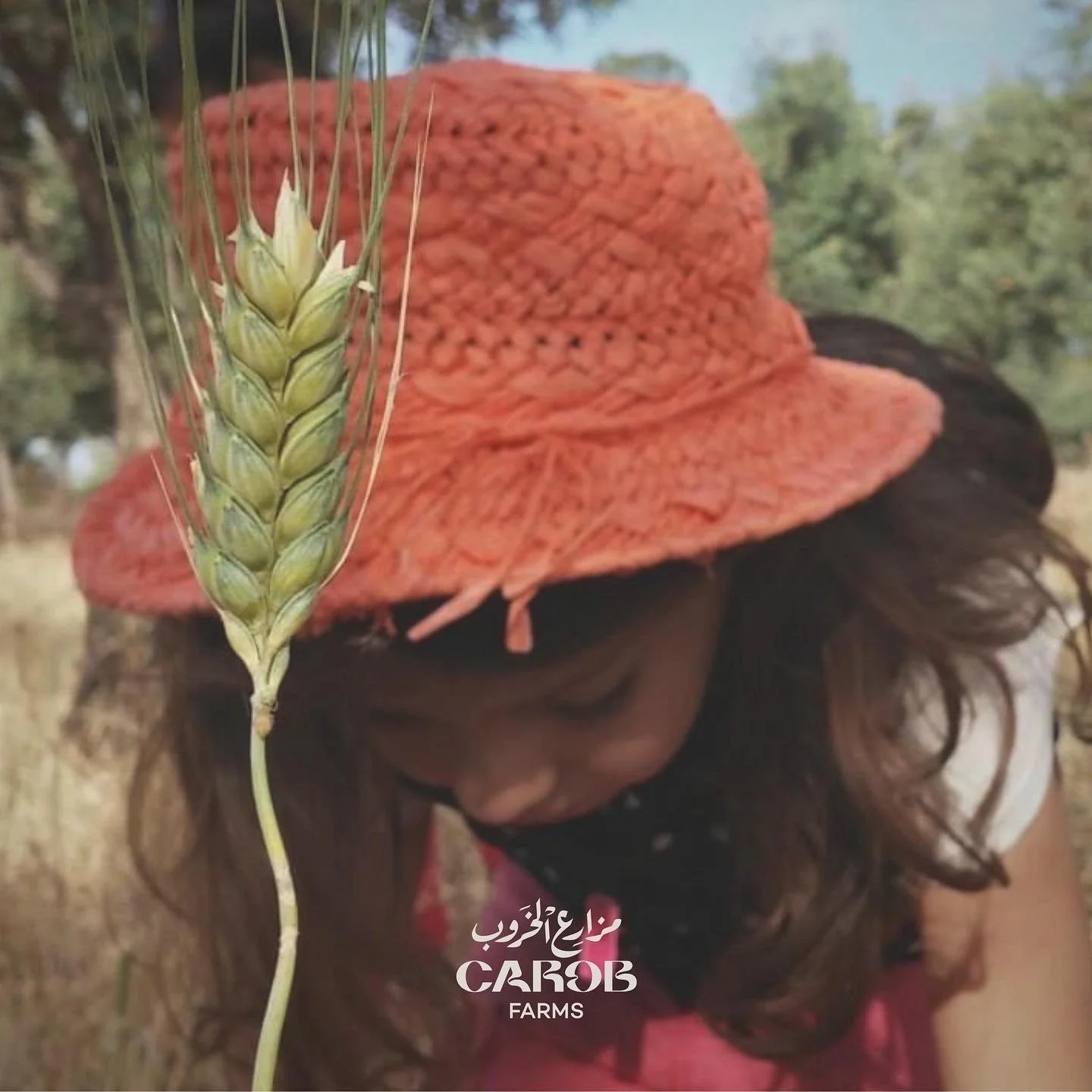A regenerative farm-to-table oasis in Jordan
Carob House, located in the ancient town of Madaba, Jordan, is a leader in regenerative agriculture and farm-to-table practices in Jordan. Founded by Rakan, who initially had concerns over the safety of the food his family consumed, Carob House has grown into a community-driven initiative that emphasizes ecological principles, permaculture, and regenerative agriculture.
The story behind Carob House
Rakan’s journey began with a simple desire to ensure the safety and quality of the food his children consumed. This personal mission soon evolved into a broader vision of sharing his journey with the public. Rakan’s concerns about food safety transformed into a passionate commitment to make a positive impact on his community and the environment.
Carob House operates on the belief that by working with ecological principles, we can restore our capacity to grow food locally. This philosophy is at the core of their operations, which include a farm-to-table restaurant, a community kitchen, a café, and a cultural space. The initiative is deeply rooted in the principles of permaculture and regenerative agriculture, which focus on creating a sustainable and self-sufficient ecosystem.
Learning urban farming by doing
One of the unique aspects of Carob House is Rakan’s approach to learning. With no formal agricultural background, Rakan has embraced a “being a student for life” philosophy. He actively seeks expertise and knowledge to improve his practices, particularly in the areas of soil health and compost production. This hands-on approach has allowed Carob House to thrive despite the challenges posed by Jordan’s soil degradation and water scarcity.
Rakan’s dedication to soil health is evident in his efforts to produce high-quality compost, a crucial component of sustainable farming that is not commonly found in Jordan. By focusing on soil health, Carob House aims to create a fertile foundation for growing nutritious food.
A closed loop with a zero-waste operation
Carob House is committed to minimising its environmental footprint. The restaurant operates as a zero-waste establishment, ensuring that every aspect of their operations is sustainable. This commitment extends to their use of sustainable materials in building structures to host volunteers, further emphasizing their dedication to ecological principles.
Reviving traditional foods and educational tourism
Carob House goes beyond growing crops to reviving traditional foods and practices that have been lost over time. By bringing back these foods, Carob House aims to reconnect people with their cultural heritage and promote a healthier lifestyle.
Educational tourism is another key aspect of Carob House’s mission. They target schools and other educational institutions to spread awareness about sustainable farming practices and the importance of ecological principles. Open-source knowledge transfer is a core value at Carob House, ensuring that the knowledge and expertise they gain are shared freely with the community.
Jordan faces significant challenges, including soil degradation and water scarcity, being the second most water scarce country in the world. Carob House addresses these issues head-on by implementing innovative farming techniques and promoting sustainable practices. Their efforts are not just about growing food but about creating a resilient and self-sufficient community.
By focusing on ecological principles, permaculture, and regenerative agriculture, Carob House is making a significant impact on the local community and the environment. Their commitment to sustainability, education, and community building serves as an inspiring model for others to follow.
Click here to learn more about Carob House.
If you want to connect with Rakan and other change makers within the urban farming space, regenerative agriculture and sustainable living, join our global community!




